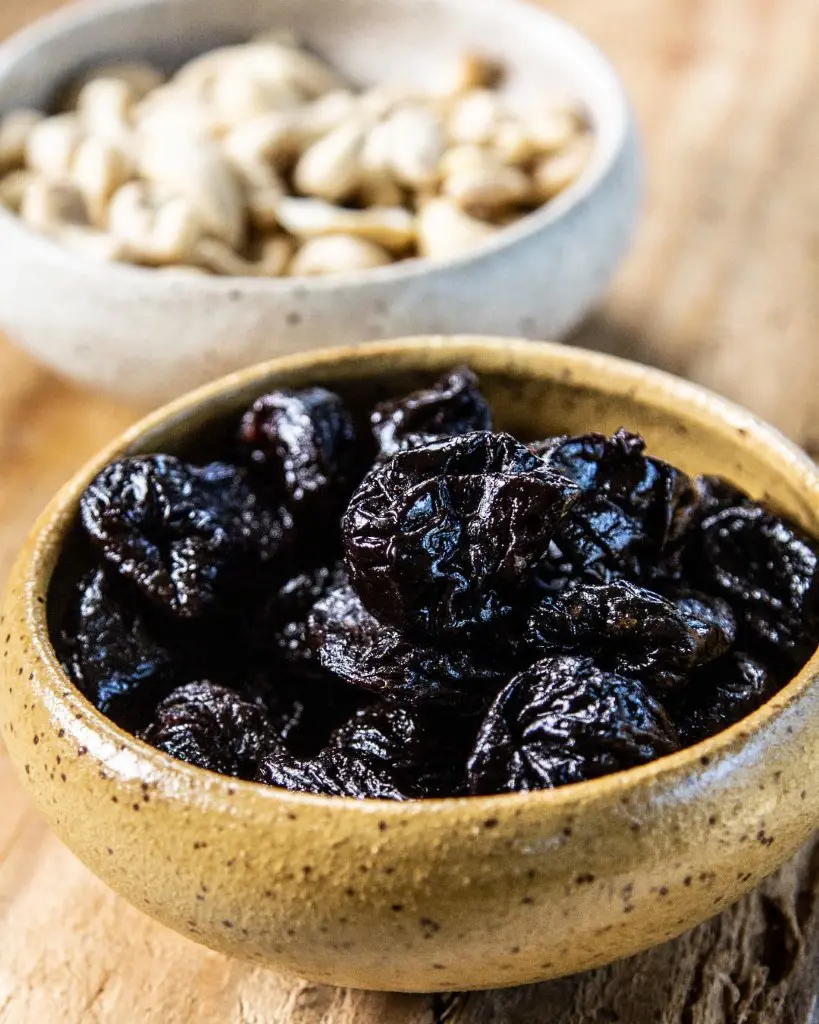Is Canola Oil Healthy?
Different types of oil affect your health in various ways. Among these oils, as claimed by many people, canola oil remains the best choice for good health since it does not contain trans-fats and has much lower levels of saturated fatty acids than other available varieties of oil.
In every single tablespoon (approximately 14 grams) that doesn’t have any trans fat, this kind of oil makes up less than 0. 5 grams having high shares of omega-3 and omega-6 fatty acids that are necessary for us; and has some minerals or vitamins such as kappa and other vitamins like E.
As per USDA, 1 tablespoon (14 grams) of Canola Oil contains:
- Calories: 124
- Total fat: 14 grams
- Saturated fat: 1 gram
- Monounsaturated fat: 9 grams
- Polyunsaturated fat: 4 grams
- Vitamin E: 2.4 mg
- Vitamin K: 10 mcg














